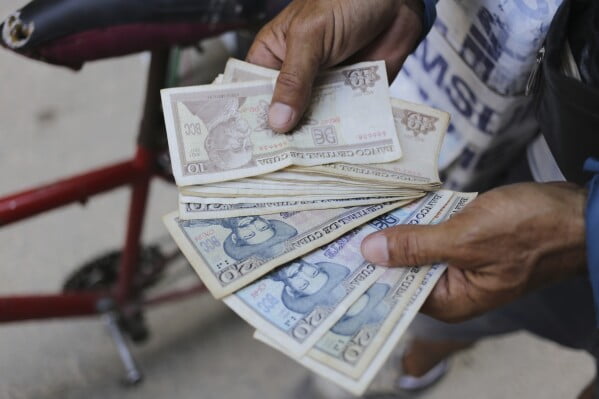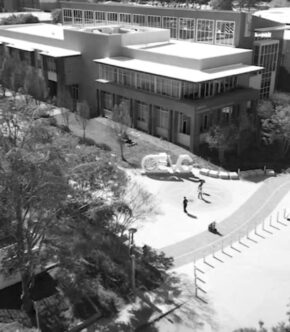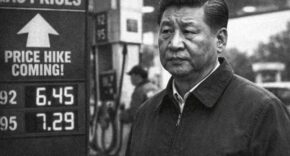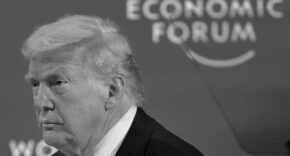The next time you think you’re having a bad day, appreciate for a moment that you’re probably making more than the average Cuban state worker, who brings home roughly 5,000 Cuban pesos a month. That’s a lot of pesos, but it’s only $12 a month in the U.S. It kind of puts things in financial perspective. If making the hourly minimum wage a month in Cuba is not hardship enough, actually trying to get your pesos out of the bank is becoming a growing nightmare.
It’s the perfect storm of economic hardship in Havana, combining not only a lack of cash, wish will address in a moment, but towering inflation and government deficits that have rendered the socialist economy to a low it hasn’t seen in decades. According to Omar Everleny Pérez, a Cuban economist and university professor, “The main culprits are the government’s growing fiscal deficit, the nonexistence of banknotes, stubbornly high inflation and the non-return of cash to banks.”
Sounds like nothing new for the communist island, but the growing inability of citizens to get their money out of the banks is troublesome. If consumption is two-thirds of a nation’s GDP, then it’s no wonder there is no growth in Cuba, as one must have money to spend money. The scarcity of physical money has provoked criticism from the public, and questions about the institutional silence and the information vacuum regarding the causes of the new crisis. After a few up years post-pandemic in GDP, the Cuban economy started faltering in 2022. One must also take the data in question, as it is provided by the Republic of Cuba.
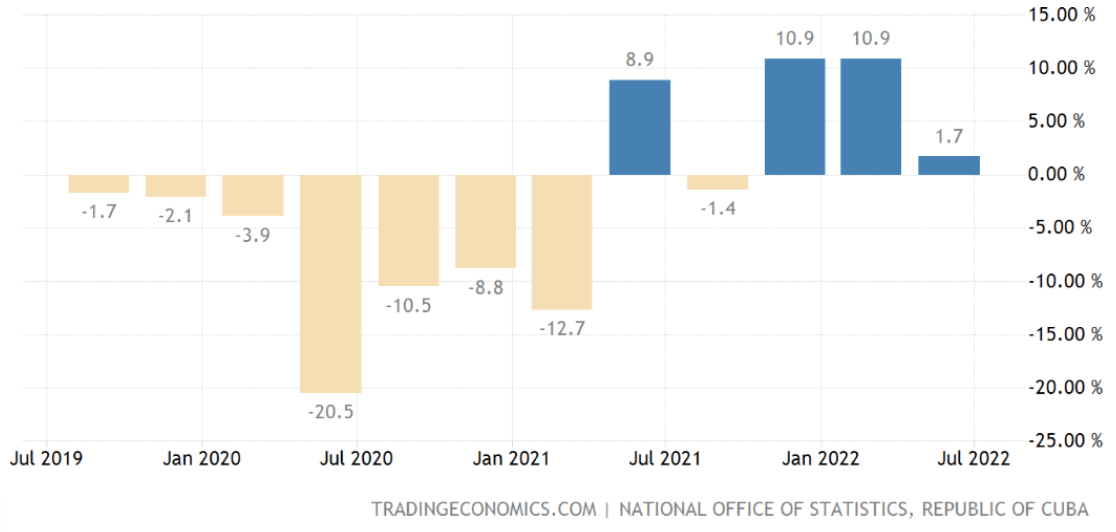
Perhaps it is as transparent as malfunctioning equipment and power issues, the latter of which has continually plagued the island nation. If you’re in Havana and trying to get cash out of Banco Metropolitano ATM, you’re likely to see, “Excuse us, at the moment the equipment is having technical difficulties to deliver cash.” Not a welcome message for those in need of money.
Life in the third world can be grueling. It can be especially tough financially if you live outside of Havana. The availability of ATM’s is low in most of the national territory. However, if you ask the government, things are just fine. Mayra Arevich Marín, Minister of Communications, assured that the country did not have, “The need to buy more of this equipment.” Okay. If you say so.
While there may be a modicum of money floating around, it’s not in the banks. As with most economies, even socialistic, small business is the life blood. As such, small businesses and entrepreneurs need cash to buy goods and services. In Cuba, almost all of which comes from overseas, which means that business men and women need fiat currency to exchange for the currency in which they are doing business. Maria Efigenia Caballero, deputy director of Bandec in Sancti Spíritus province, said that “in a time of shortages, we are also being hit by the extraction of high volumes by some Small and Medium business owners, self-employed fundamentally”. They aren’t putting their cash in the bank as a result. With virtually no interest to receive and only downside trying to get it out, it is no wonder that small businesses are saying no to the banks.
The velocity of money, or how many times a peso or dollar changes hands, is an important metric of financial health. In 2018, 50% of the cash in circulation was in the hands of the Cuban population and the other half in banks on the Caribbean island. But in 2022, the latest year for which information is available, 70% of cash was in the wallets of individuals, according to Perez.
We’ve established that at least part of the problem is physical, with outdated and unrepaired ATM machines around the island. Even if you had money, you couldn’t get it out easily. We also know that for these and other reasons, businesses are adding to the shortfall of available cash, by hoarding or keeping pesos in house, so to speak, to exchange them internationally for goods and services when the needs arise.
The shortage of bank notes and ultra-high inflation add to the woes. With many ATM’s only having 1,000 peso notes as the largest denomination, approximately $3 U.S., the machines run out of bills much more readily than if there were higher denominated ones. The general malaise starts at the top, whereas with any socialist society, the few at the top prosper while the rest toil. Nothing trickles down to the masses, and never will under this system. The proletariat had no say in the matter. They had the bad luck of being birthed on a communist island. One thing that history shows us, is that sooner or later, the proletariat will attempt to rise. The only question for Cuba is when.

